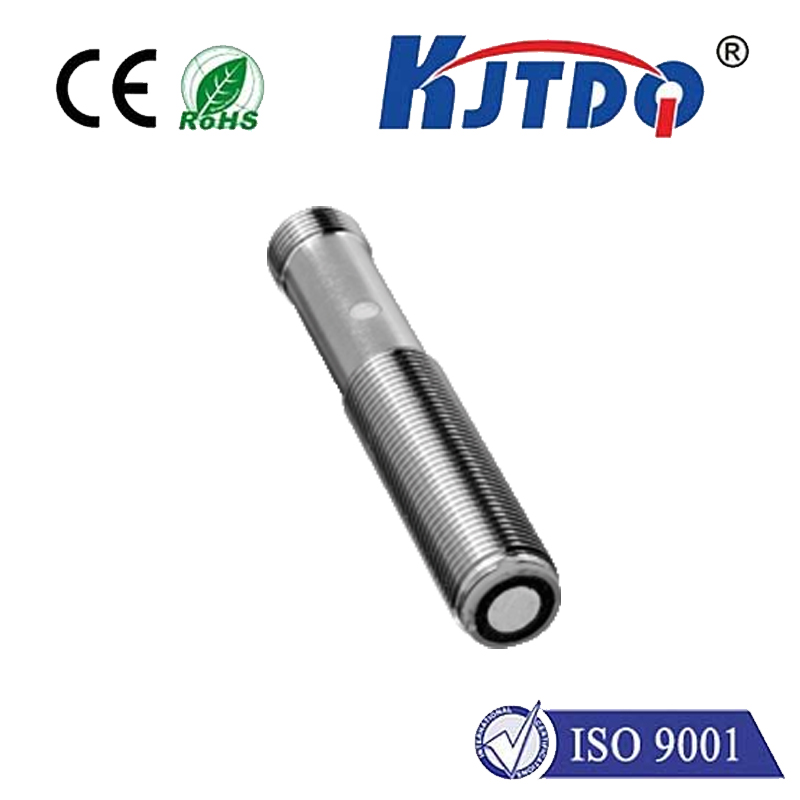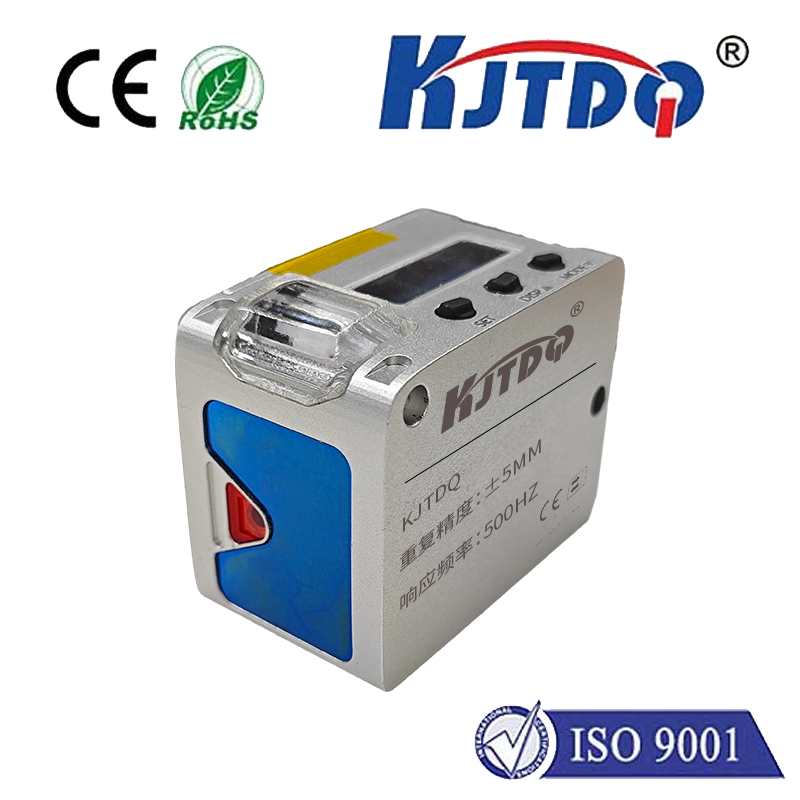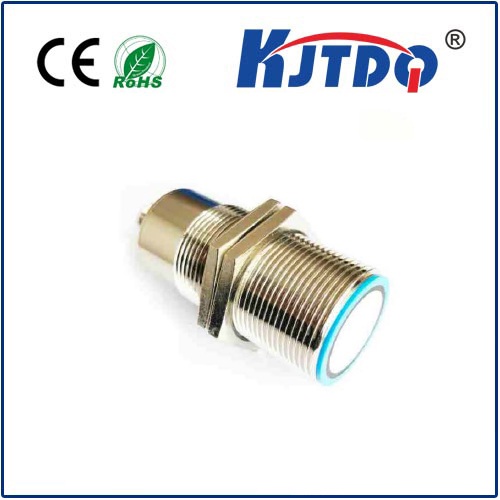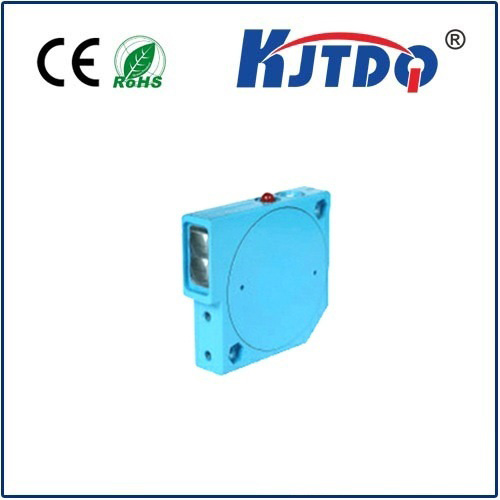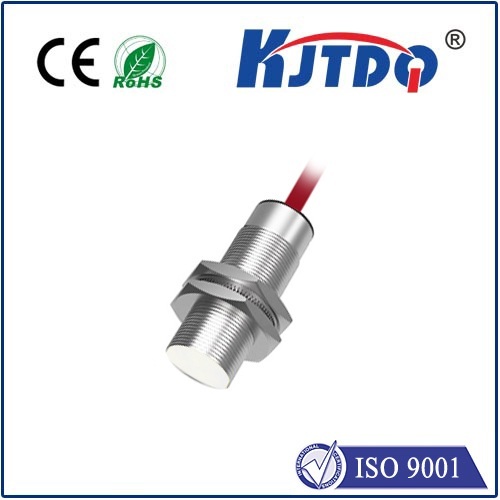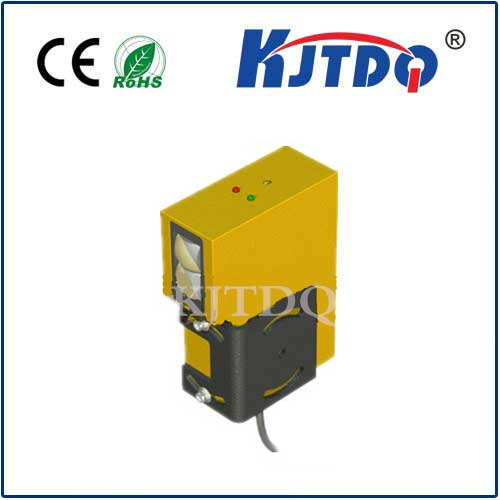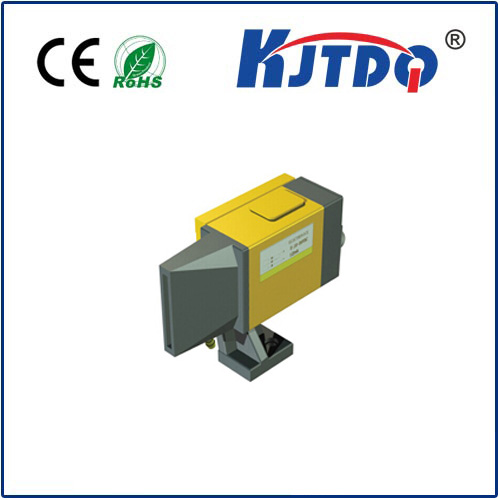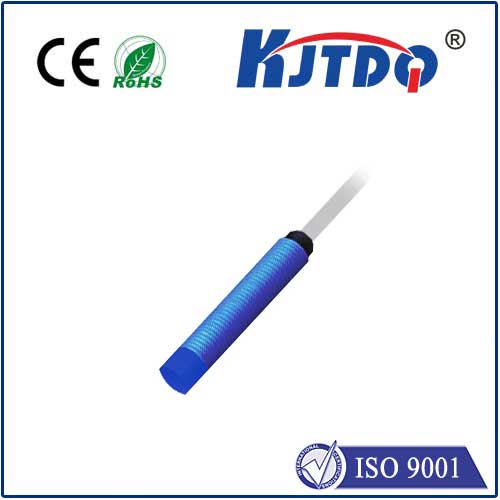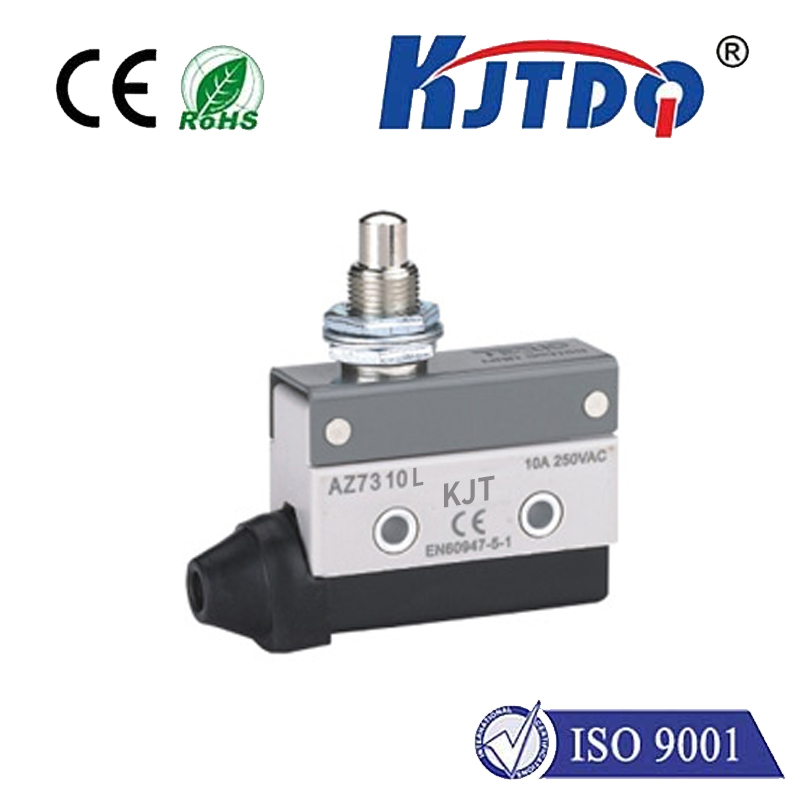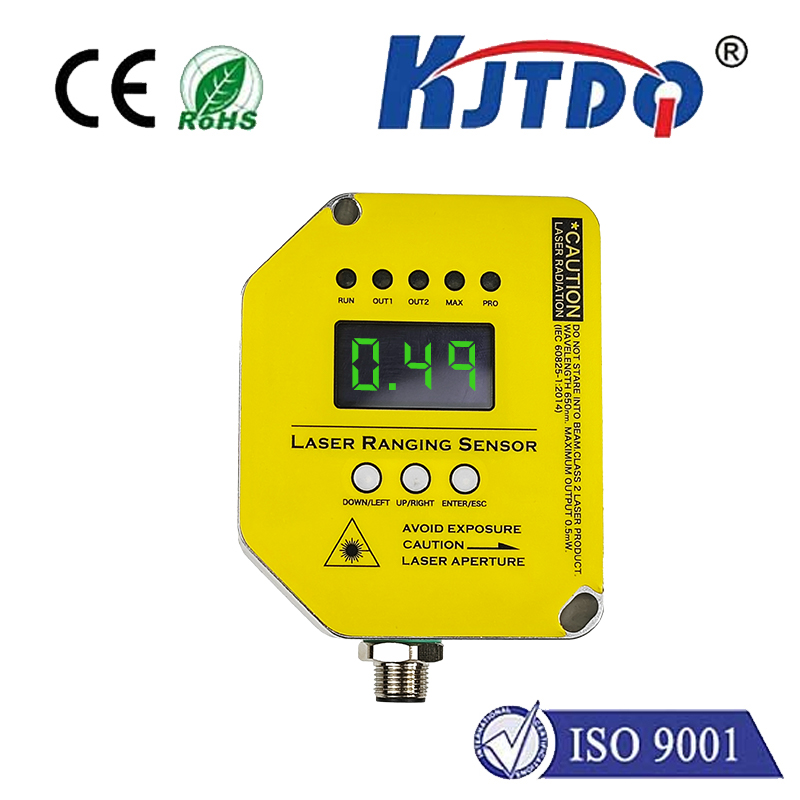
check

check

check

check
Capacitive Position Sensor: Revolutionizing Precision Measurement in Modern Technology
In the realm of modern technology, precision measurement is a crucial component that drives innovation and advancements. One of the latest developments in this arena is the capacitive position sensor, a revolutionary device that offers unparalleled accuracy and reliability in measuring the position of objects.
A capacitive position sensor works on the principle of capacitance, which is the ability of an object to store electrical charge. When an object comes in proximity to the sensor, it alters the electromagnetic field surrounding it, causing a change in capacitance. This change is then detected and measured by the sensor, providing highly precise data on the object's position.

The use cases for capacitive position sensors are vast and varied. In industrial automation, they can be employed to monitor the movement of robotic arms or conveyor belts, ensuring seamless operation and minimizing downtime. In automotive manufacturing, these sensors can be used to track the position of doors or windows, enabling automated systems to adjust accordingly.
Medical devices also benefit from capacitive position sensors, particularly in surgical robotics where precision is critical. The sensors can provide real-time feedback on the position of surgical instruments, allowing surgeons to make more accurate movements and improve patient outcomes.
Moreover, capacitive position sensors have found applications in consumer electronics as well. For instance, smartphones and tablets utilize these sensors to detect touch inputs, improving user interaction with devices. Home appliances such as refrigerators and washing machines also incorporate capacitive position sensors to enhance their functionality and convenience.
Despite their numerous advantages, capacitive position sensors do face certain challenges. Environmental factors such as temperature, humidity, and electromagnetic interference can affect their performance. However, researchers and engineers continue to develop innovative solutions to mitigate these issues, further expanding the potential uses of capacitive position sensors.
In conclusion, the capacitive position sensor represents a significant step forward in the field of precision measurement technology. Its ability to provide highly accurate readings of an object's position has made it an essential tool across various industries, driving innovation and improving efficiency. As technology continues to evolve, it is likely that we will see even more advanced applications of capacitive position sensors in the future.
